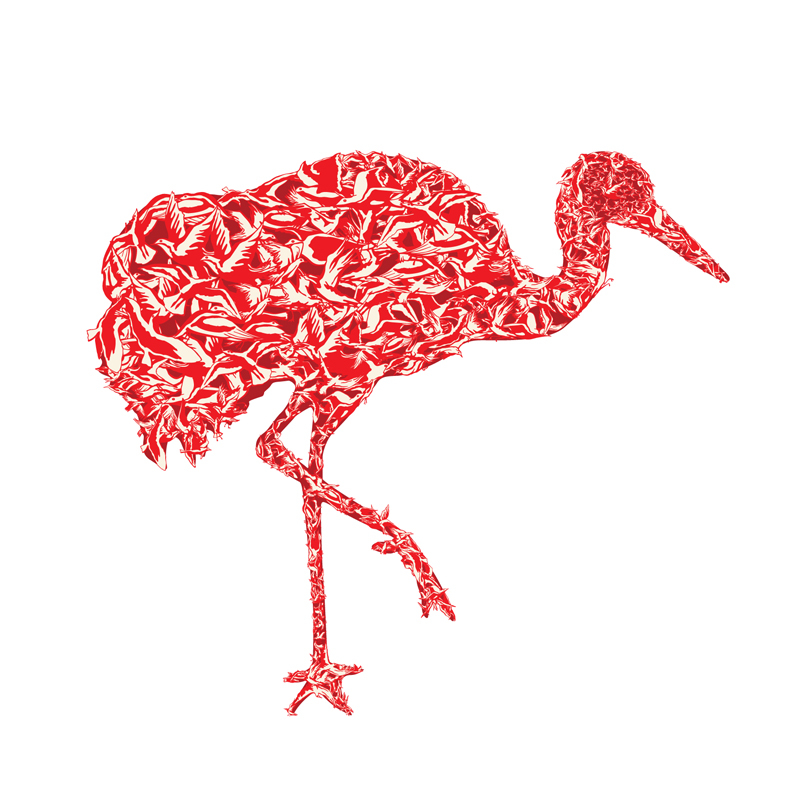Q&A WITH DANA OBLEMAN
Author of The Sleep Sense Program™
Question: How did you become a Parenting/ Sleep Consultant?
Answer: It has always been my dream to work with children. To make that dream a reality, I went to college to receive a BA in psychology and an education degree in the late 1990s and then spent a few wonderful years working as a first grade teacher.
Then I got pregnant with my first child, and my life took a detour I didn’t expect! My husband and I suffered from intense sleep deprivation during the first few months of my son’s life as we struggled to deal with his sleep issues and teach him how to get a good night’s sleep. None of the parenting books available seemed to fit our family’s needs… Some were way too harsh and didn’t take the children’s needs and comfort into consideration, while others basically said, “Suck it up, mom and dad, your child’s needs are everything and it doesn’t matter if you don’t get a good night’s sleep!”
Frustrated with the lack of practical advice, I did my own research and developed my own child sleep training program which became the basis of my first book, The Sleep Sense™ Program.
Question: What is the overall sleep philosophy with the Sleep Sense Program?
Answer: I created The Sleep Sense™ Program because I feel strongly that healthy sleep habits make for healthy children. A well-rested child is curious, energetic, happy, playful, and eager to learn. I am more interested in improving a child’s sleep than preaching a particular sleep philosophy.
While most books and programs dealing with child sleep problems take philosophical stands (based largely around the issue of “crying it out”), I believe that your child’s sleep is more important than my personal views on the subject. That’s why I’ve placed so much emphasis on accommodating different parenting styles within The Sleep Sense™ Program.
My approach to improving your child’s sleep is pretty simple. I’ll give you honest information about WHY sleep is so important for your child’s well-being. I’ll lay out an easy-to-follow, step-by-step plan that lets you make some choices about what is the right approach for your child. And I’ll show you how to measure success.
Question: Are there specific sleep props you recommend parents avoid (or give up) to improve nighttime sleep?
Answer: A sleep prop is basically anything your child thinks she needs in order for sleep to come. So for example, if a baby is rocked to sleep, then she begins to associate sleep with rocking and will have a very difficult time getting to sleep without it because she doesn’t know how. Sleep props prevent a baby from developing internal strategies for getting themselves to sleep, therefore they tend to wake often looking for assistance. When you begin to teach a baby to sleep well, then all the props you’ve currently used need to go so your baby can begin to learn some strategies that are all her own, and become a great sleeper.
Question: Do you have any advice for those parents like us, with toddlers who were good sleepers as babies, but then suddenly started waking up crying out in the night, climbing into our bed, etc.?
Answer: There is always a point in a toddler’s life where they begin to push the boundaries around bedtime. I’ve never met a toddler yet, who didn’t develop some sleep challenges at some point. The problem is that it usually throws the parent off, as they are wondering why their child who has slept very well, is suddenly yelling the house down at bedtime. The parent then rushes in wondering what could be wrong and often starts to negotiate. When the toddler realizes that all this fuss gets a reaction, then you can be sure he tires it again and again, and quickly a parent can lose all control over bedtime.
My best advice is that parents understand that boundary pushing is a natural part of a toddler’s development, and that if they remain consistent and firm, the testing blows over fairly quickly. It is also very important to stick to a “one warning, then consequence” rule, so that the child doesn’t endlessly push for negative attention.
Question: For parents who want one-on-one help, what types of services do you offer?
Answer: There is always the “Do it yourself” guide with video coaching. However, some people like to have a more personal touch so I’ve certified several Sleep Sense Consultants who are on hand and personally trained by me to provide parents with the support and guidance needed to get them to success!
ABOUT THE AUTHOR
Dana Obleman is the author of The Sleep Sense Program which has been used by more than 32,000 families to get their children sleeping through the night. You can get a free sleep assessment for your child by clicking here or visiting her website at http://www.sleepsense.net.
Twitter: @SleepBabyDana / YouTube: youtube.com/user/sleepsense


